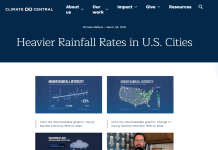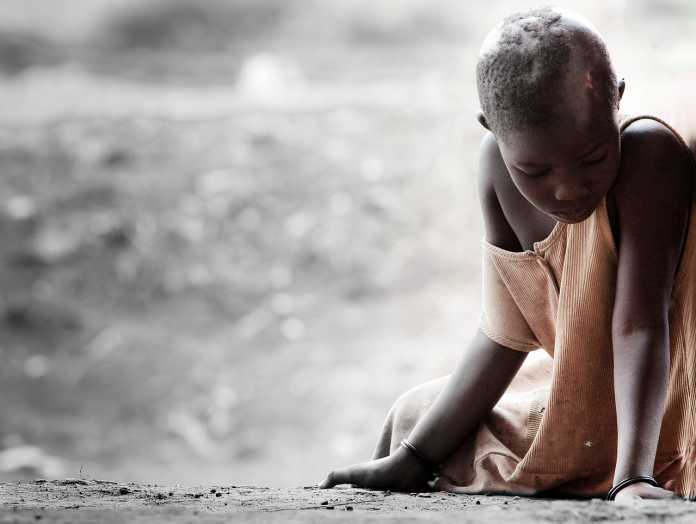The Independent, a news site out of Southern Utah, ran an article recently titled “Fight Climate Change, Ignore the Poor,” in which writer Howard Sierer claims climate change activism neglects the needs of the poor in favor of their preferred policy goals. This is true. Anti-growth and green policies do far more harm than good for the poorest people in the world by stifling their access to cheap reliable energy.
Sierer reports that the G-20 organization has called for $3 trillion per year in spending for developing nations, however more than half of that is supposed to be earmarked for climate, sustainability, and related infrastructure, with the rest going towards food and medical technology. Sierer points out that it doesn’t make much sense, “given the realities on the ground in many developing countries, places where opportunity is limited by a lack of the cheap and plentiful energy that allowed rich nations to develop.”
“Climate Change activists try to paper over these realities by arguing that poverty and climate change are inextricably linked,” Sierer continues, noting that time and again studies have shown “spending on core development priorities would help much more and much faster per dollar spent than applying funds to climate.”
He makes the point that investments on things like energy access, clean water, and medical infrastructure would help people right now, and improve weather resilience, but investments focused on cutting emissions “won’t deliver noticeably different outcomes for a generation or more, if ever.”
Sierer’s analysis is completely correct, backed up by research published by the Copenhagen Consensus Center, and by reporting on the ground by farmers in places like Africa, where a large portion of the population across the continent’s various nations live without consistent or reliable energy.
In the Climate Realism post, “Wrong, BBC, the Popular Kenyan Farmer Is Right, There Is No Climate Emergency, Africa Does Need Fossil Fuels,” I take a look at one farmer who has been leading the fight for energy access in his community. The climate activists at the BBC attempted to write a hit piece on him in an attempt to drive attention away from the real issues Kenyan subsistence farmers are facing, and the realistic solutions to their problems. The farmer, Jusper Machogu, lives in a poor area, and advocates for the modernization of farming for his family and neighbors. He is critical of “green” farming practices that lower yields and involve greater labor on the farmers’ part.
Modern synthetic fertilizers and fossil-fuel powered equipment have already begun to help African nations’ food production over time, reducing hunger and malnutrition, as discussed here, here, and here. Similarly, oil exploration and development is gradually increasing in African countries, as discussed here and here. This is despite the efforts of green NGOs and financial institutions which try to discourage development on the dark continent.
Not to mention, electricity and indoor heating that is made possible by fossil fuels drastically reduces the need for cooking and heating fuels like wood, crop waste, and dung, all of which are commonly used in poor nations. The indoor burning of wood, dung, and crop waste produces poor indoor air quality and results lung and heart ailments – leading causes of death in poor countries.
The poor of Africa and in other impoverished, energy-starved areas around the world are not clamoring for decarbonization, they are asking for reliable energy and the products and services and infrastructure it makes possible.
Sierer ends his article by explaining that despite more than $12 trillion spent on renewable worldwide, “global greenhouse gas emissions grew to an all-time high in 2023, with consumption of coal, oil, and natural gas each near record levels as worldwide energy demand continues to grow.”
This means that despite trillions in investments so far, there has been no identifiable benefit. Think what benefits those trillions could have delivered if devoted to traditional development, including modern energy infrastructure, in the world’s poorest countries.
Sierer points out that while getting rid of fossil fuels may result in some nebulous, distant supposed benefits, none of which have been proven, “the costs and disruption of rapid decarbonization are immediate and substantial.”
The Independent should be applauded for running this article. Sierer’s analysis hits the nail on the head that climate activism is more likely to be harming the world’s poor rather than helping them.
















